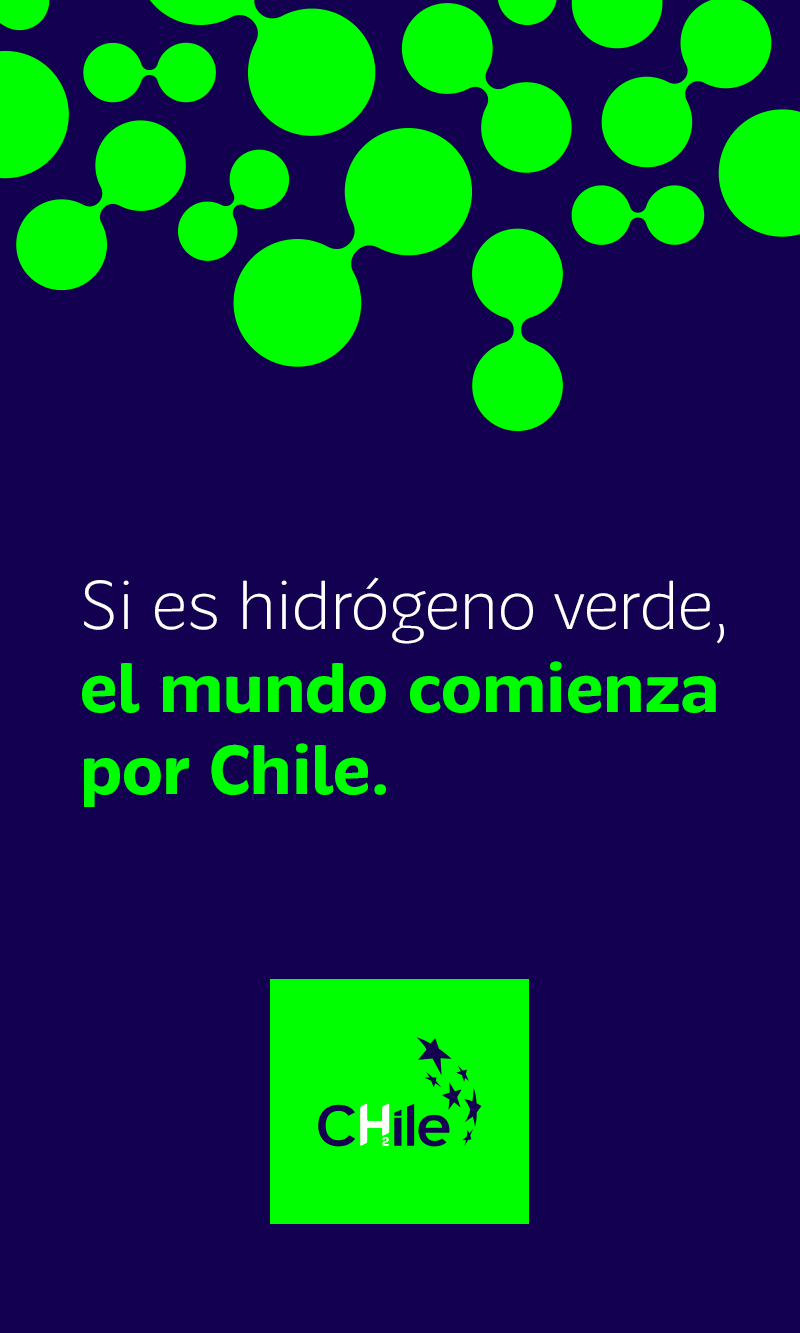The internationally-renowned oceanographer, Osvaldo Ulloa, leader of a feat of global influence with his descent to 8,000 meters in the Atacama Trench, states that Chile has moved ahead of the great scientific powers by providing knowledge of worldwide impact.
The oceans play a fundamental role for life on Earth. They are the planet’s lungs, providing almost half of our oxygen and capturing a third of the carbon emitted into the atmosphere. For this and many more reasons, World Oceans Day is commemorated every June 8 to unite humanity around a sustainable project to protect the marine biosphere, a key resource to combat the climate crisis.
Chile promulgated the National Oceanic Policy in 2018. It was ratified in November 2022 by the current government through an implementation document signed by the Foreign Affairs, Defense, Environment, Economy and Science ministries, as well as the country’s Navy.
This is in addition to our Turquoise Foreign Policy, a priority area in the multilateral strategy led by the Foreign Affairs Ministry. Over the next few days, the Ocean Treaty, signed a year ago by Canada, the US, Mexico, Colombia and Chile to create a marine protected corridor, will also be deposited at the United Nations (UN) headquarters in New York. In this context, during his last State-of-the-Nation address on June 1, President Boric explained that Chile has already presented its candidacy to become the UN head office for the treaty.
From his home in Plymouth, United Kingdom, the renowned oceanographer, Osvaldo Ulloa, has been keeping an eye on these movements, although he urges that intentions soon become actions.
“I think that it’s very important that Chile, through the Foreign Affairs Ministry and the Turquoise Foreign Policy, becomes a protagonist for caring for the oceans in the international arena. But there’s an old saying: ‘you don’t take care of what you don’t know and want…’ We have to continue exploring and studying the ocean and, at the same time, convey its importance and the wonders it possesses to society.”
Chile’s Latin American Leadership

Osvaldo holds a PhD in Oceanography and a Master’s in Marine Biology from Dalhousie University in Canada, as well as a post-doctorate from the Niels Bohr Institute at the University of Copenhagen in Denmark. He is director of the Millennium Institute of Oceanography, tenured professor in the Oceanography Department at the Universidad de Concepción, and member of the Chilean Academy of Sciences. He is currently in the United Kingdom after receiving the important Royal Society Wolfson Visiting Fellowship, for which he has taken a sabbatical year.
“As a society, little by little we are realizing the importance of the ocean for our present and, above all, our future,” he says. He also states that there is still a long way to go, because “as a country, we continue turning our backs on the sea.” However, he highlights that, at a scientific level, Chile is now recognized around the world as the Latin American leader in oceanography, leading one of the most important international rankings, the Academic Ranking of World Universities, better known as the Shanghai ranking.
“This is highly commendable, because oceanography is a relatively new discipline in Chile; furthermore, it is expensive, because it requires ships, specialized instruments, etc. Despite this, we’ve been able to keep up with economic powers such as Brazil and Mexico. All thanks to local efforts, first by the National Commission for Scientific and Technological Research (CONICYT) and the Millennium Science Initiative, and now the National Research and Development Agency (ANID). Also because of the contribution of the now-defunct Fundación Andes. We’ve been able to answer scientific problems long before the great powers, providing knowledge with global impact from our territory.”
In 2018, the researcher led one of the greatest feats of oceanographic science: the exploration of the Atacama Trench, the deepest place in the Southeast Pacific. Using an unmanned autonomous vehicle, the Audacia, the team led by Ulloa made Chile the first nation to conquer the deepest point of our seas. It was a milestone of global impact that got them an invite to participate in the first manned expedition there in 2022.
“There’s a lot of international interest in coming to work in Chile, both from the oceanographic and geophysical communities. The preliminary results of our first expeditions are showing that the Atacama Trench is a unique place, with high biological diversity and endemism (unique species). We showed the world that we have the capacity to carry out research in one of the most extreme and unknown environments on our planet, where light does not penetrate beyond a few hundred meters and the temperature does not exceed two degrees Celsius. Although the most complex thing is not that, but the hydrostatic pressure, which is 800 times greater than on the surface.”
Scientific exploration of the Atacama Trench will continue in 2023 on the Abate Molina, a Fisheries Development Institute (IFOP) ship, to install an oceanographic component in the trench as part of the Integrated Deep Ocean Observing System (IDOOS). This will make it possible to measure the vertical displacement of the sea floor as a result of the collision of the Nazca and South American plates. It will allow the team to study the origin of the great earthquakes and tsunamis, as well as other oceanographic processes in Chile’s deep and ultra-deep seas.





